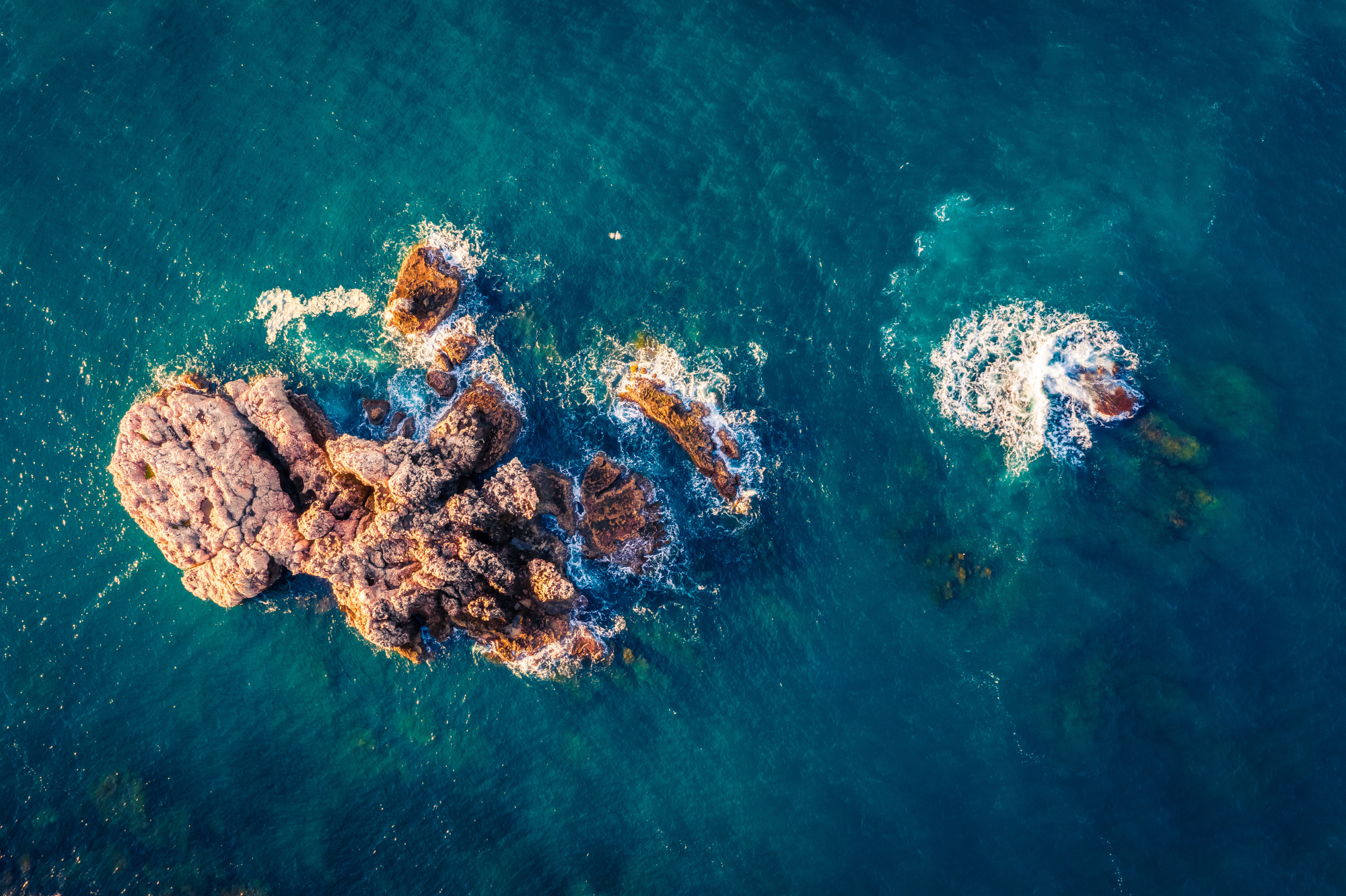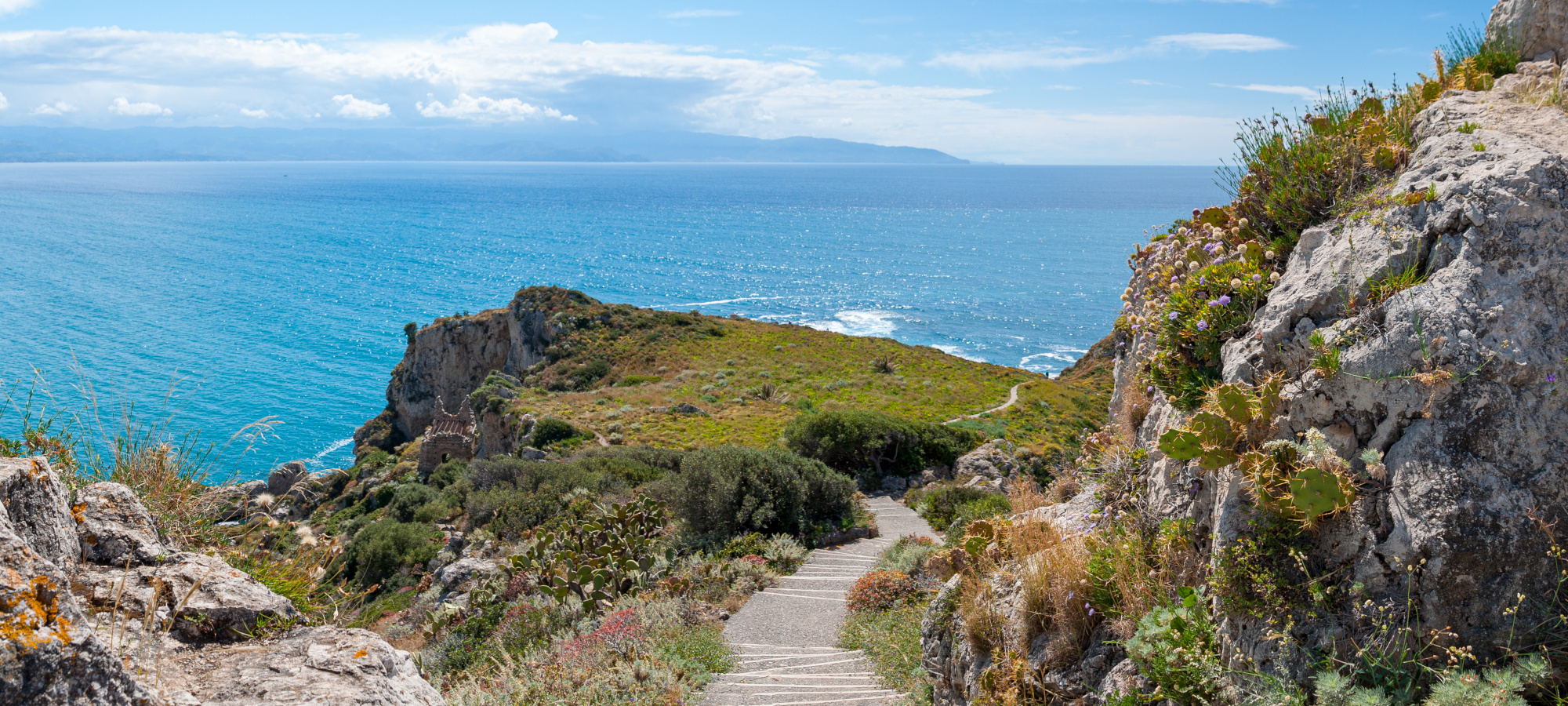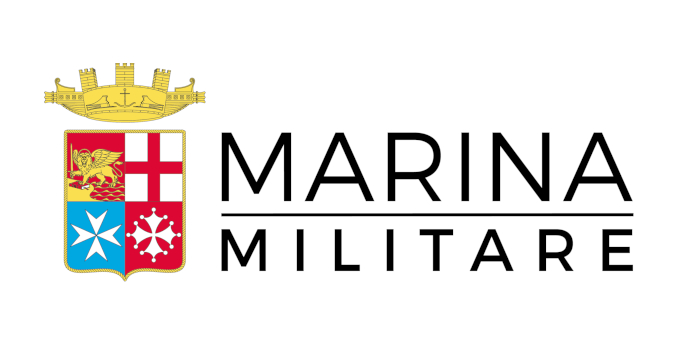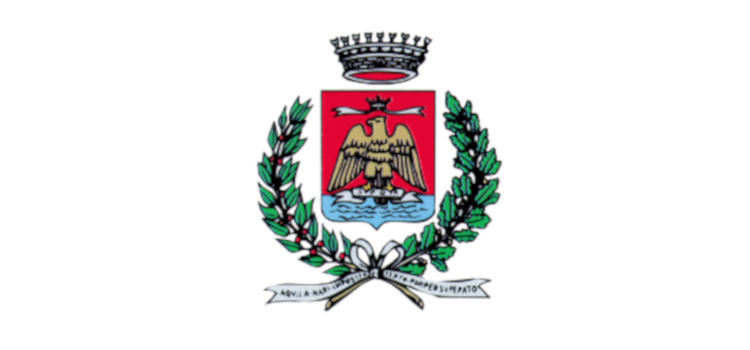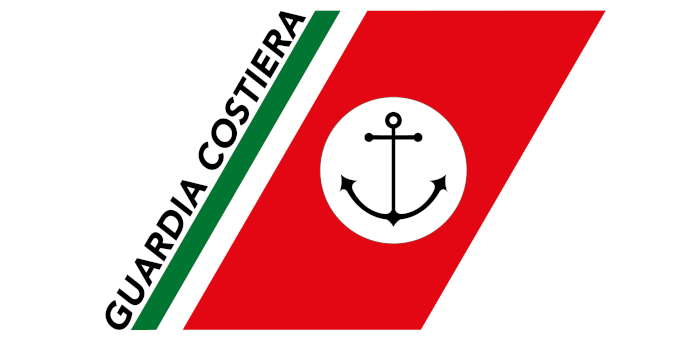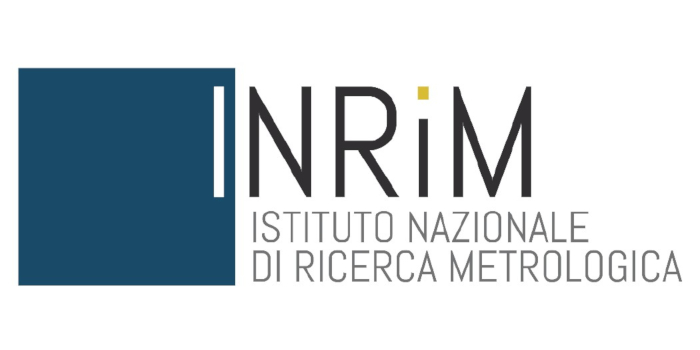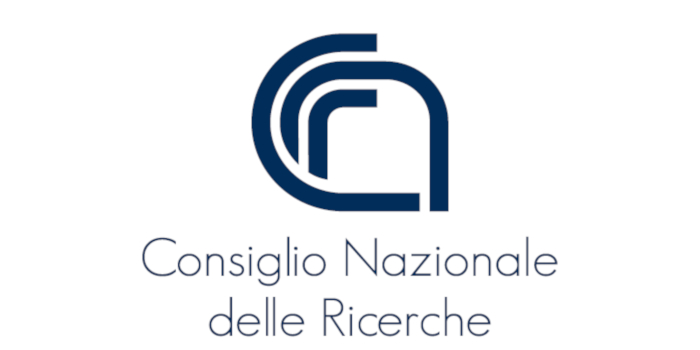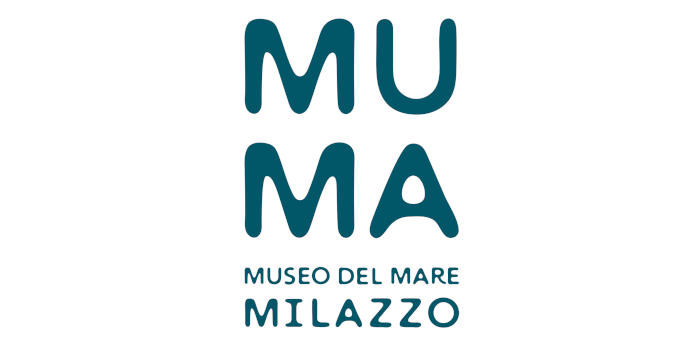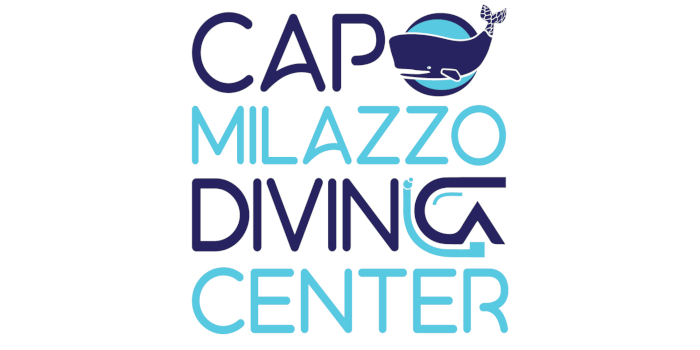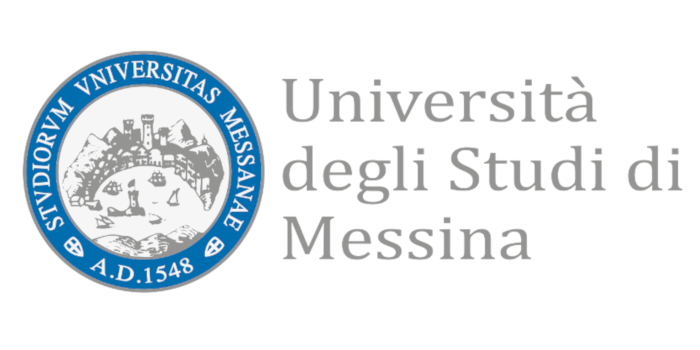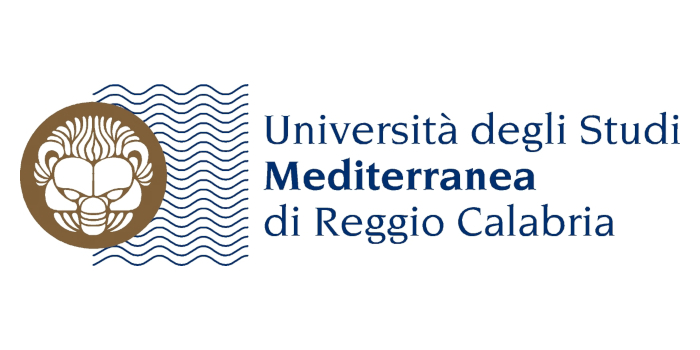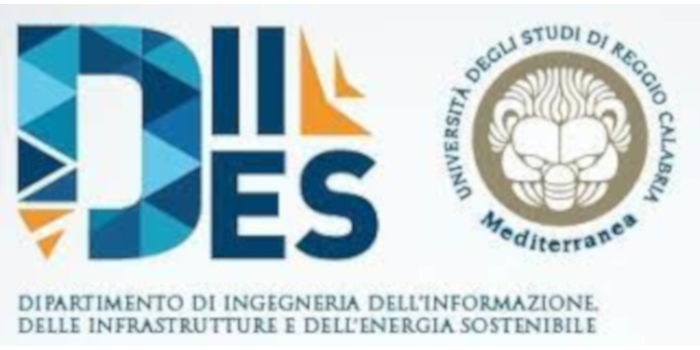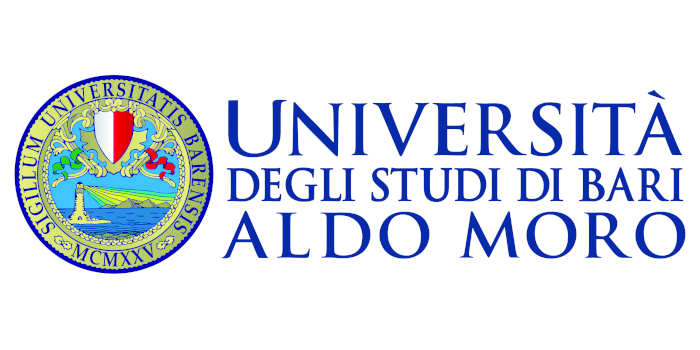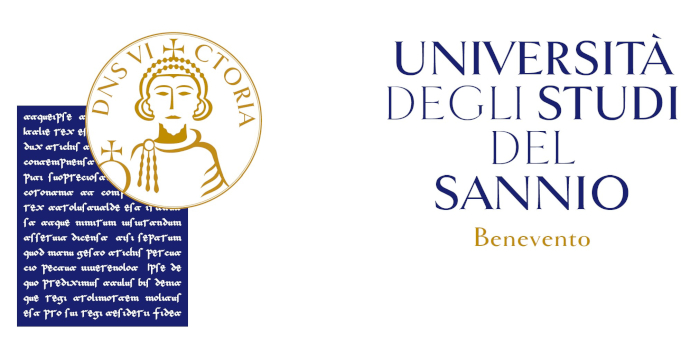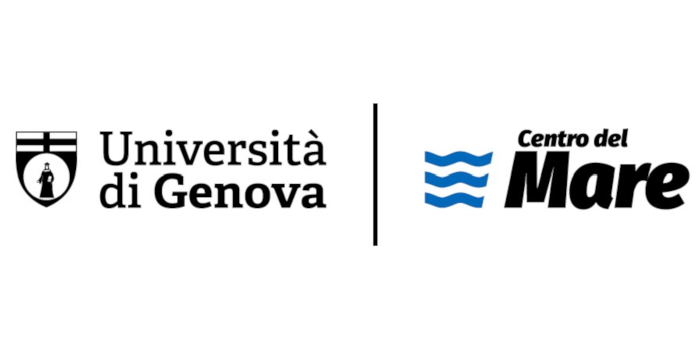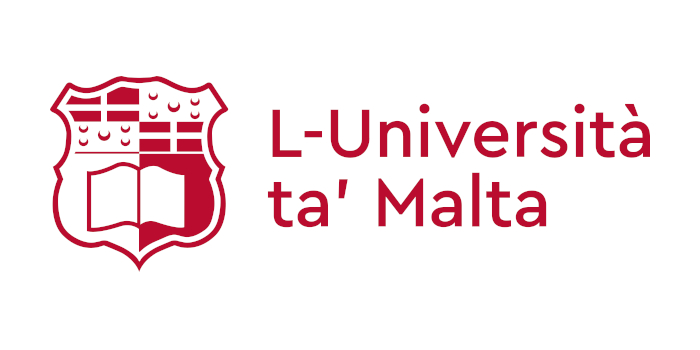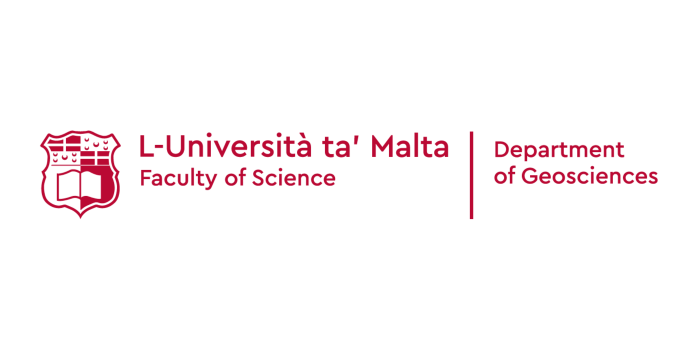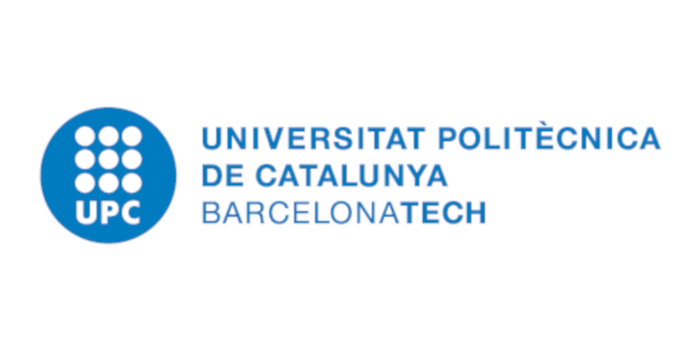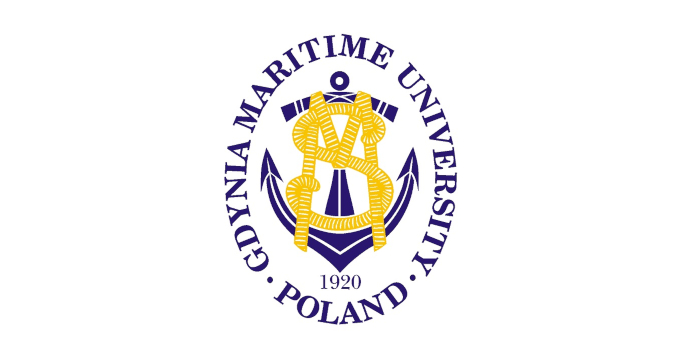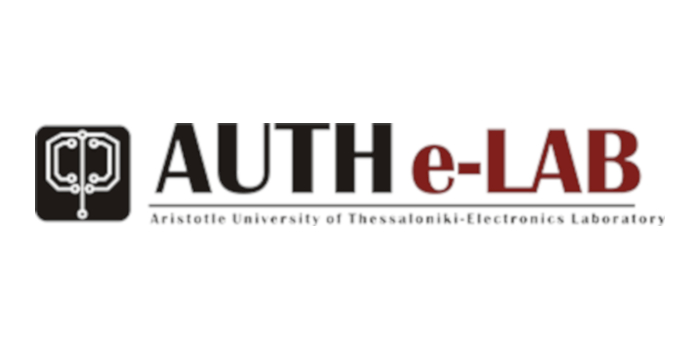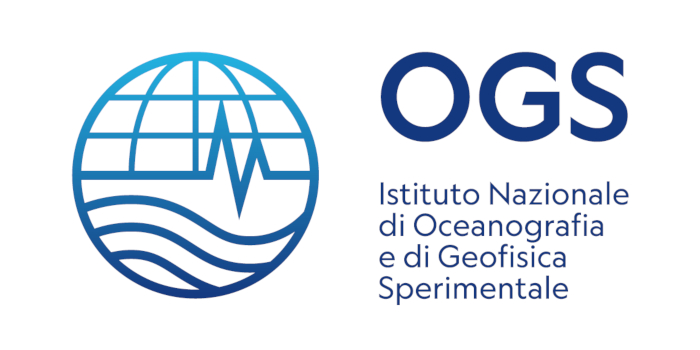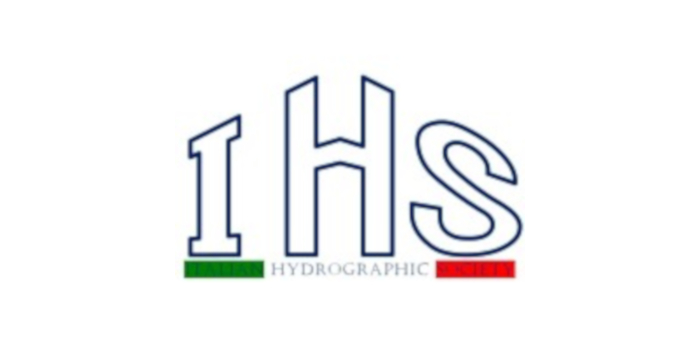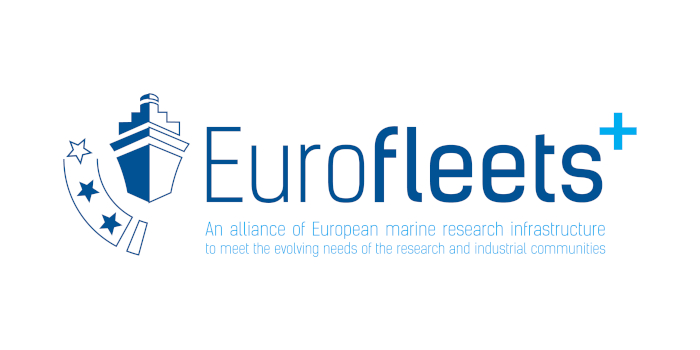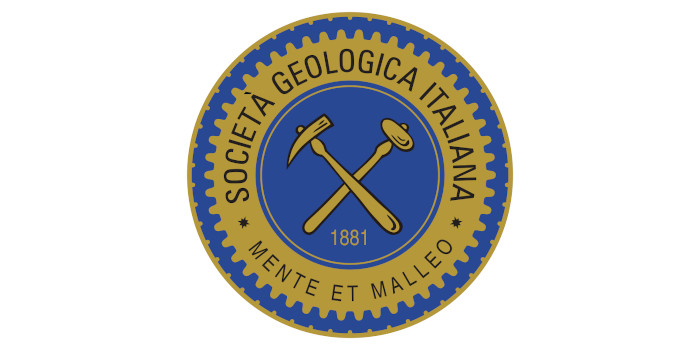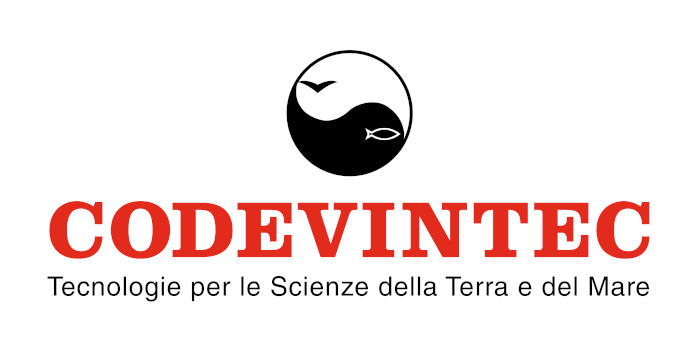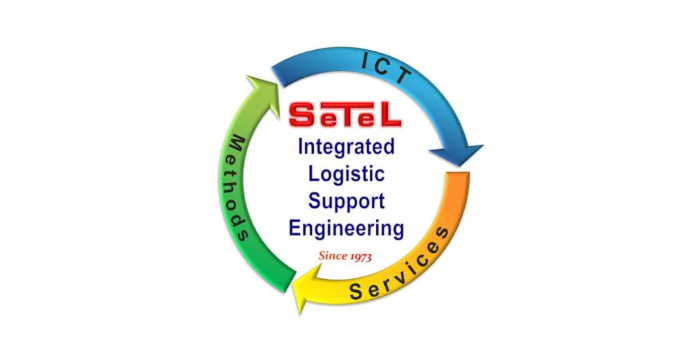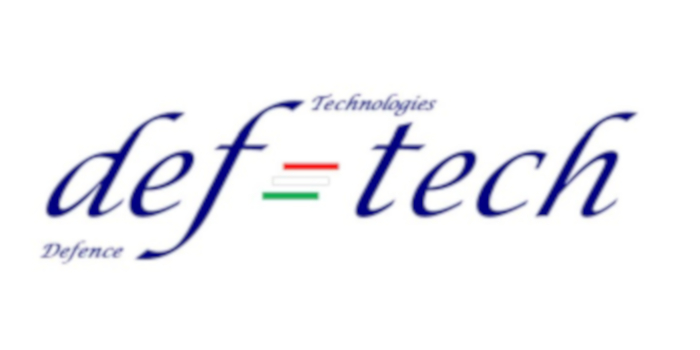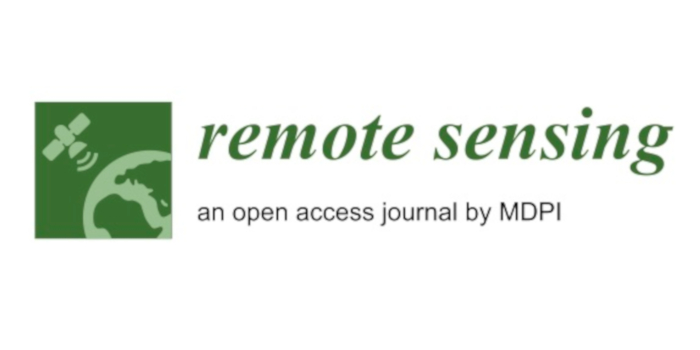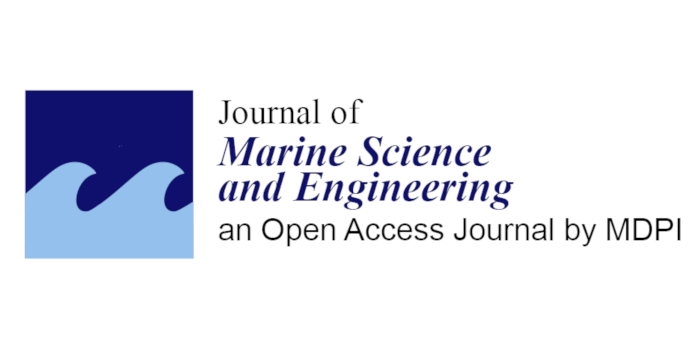TOWARDS THE CONSERVATION OF MARINE MAMMALS AND SEA TURTLES IN THE FRAMEWORK OF MARINE SPATIAL PLANNING AND THE NATURE CONSERVATION: NEW TECHNOLOGIES AND APPROACHES
ORGANIZED BY

Giulia Cipriano
Department of Biology, University of Bari

Aylin Akkaya
DMAD-Marine Mammals Research Association

Marta Azzolin
Life Science and System Biology Department of the University of Turin/ Gaia Research Institute Onlus
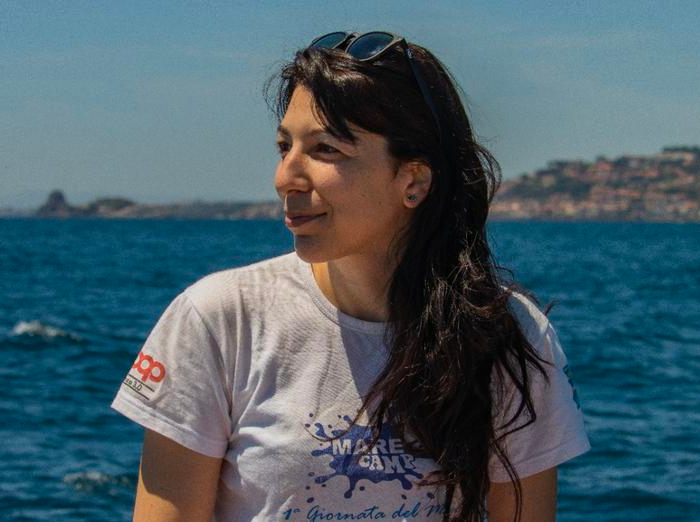
Clara Monaco
Department of Agriculture, Food and Environment, University of Catania/ Marecamp Association

Antonella Arcangeli
Italian National Institution for Environmental Protection and Research, ISPRA

Rosalia Maglietta
Institute of Intelligent Industrial Systems and Technologies for Advanced Manufacturing
ABSTRACT
Marine mammals and sea turtles are among the indicator species of oceans health status. The strong connection between marine mammal and sea turtle health and human health is well documented in modern literature. In fact, what happens to marine mammals and turtles due to the exposure to environmental stressors such as chemical pollutants, overfishing, pathogens, and natural and man-made disasters can have serious implications for humans in terms of health and access to marine resources. Thus, an increasing scientific knowledge on the distribution, abundance, and ecology of these species as well as on their behavioral and social patterns become strategic and allow us to provide more robust information to the EU maritime spatial planning and the nature conservation framework. Moreover, innovative technologies can be successfully applied to gather, analyze and share data on marine mammals and sea turtles, and acting as magnifying glasses, these can strongly enhance their conservation and provide meaningful information on their status.
This special session aims to collect information on marine mammals and sea turtles species, considering particularly welcomed contributions that propose innovative and integrated approaches devoted to their conservation. Technologies of interest may include but are not limited to: machine learning and artificial intelligence, tags, sensors, DNA sequencing, big data, new materials, high speed cameras, drones, recognition technology, bioacoustics, synthetic biology.
ABOUT THE ORGANIZERS
Giulia Cipriano holds a PhD in Environmental Science and she is a research fellow in Ecology at the Department of Biology, University of Bari. Her main scientific research interest is the application of biological, statistical and mathematical models to marine ecology and population dynamics focused on cetacean. She performs her scientific activity also in the field of fishery stock assessment and environmental remediation aimed to implement management measure of anthropogenic pressures which insist in Taranto seas and protection actions of species of particular conservation interest. She shows expertise in the implementation and analysis of biological and environmental data in GIS environment. She has (co)-authored more than 40 scientific publications in congress proceedings, national and international ISI journals and she is a reviewer for international ISI journals.
Aylin Akkaya holds a PhD to assess the impact of marine traffic on the behavioral budget of delphinids in the Istanbul Strait. She founded DMAD-Marine Mammals Research Association in 2015 after working in the field of animal behavior for over 10 years and currently works as a director of DMAD as well as the marine mammal consultant of WWF-Turkey. Her background mainly focused on gathering the baseline information for threatened species and measuring the impact of human endured activities on these wild animals. Her main scientific interests lie in survey designs, geographic information systems, animal behavior, photo-identification, population estimates, species vocal repertoire and threat assessment. Currently, she runs dedicated surveys within the least studied regions of the Mediterranean Sea to fill the existing knowledge gaps on cetaceans for effective conservation and mitigation strategies. She has published over 30 articles in international journals to reveal the first results of dedicated efforts, mainly in Turkey and Montenegro.
Marta Azzolin holds a PhD on Science and High Technology from the University of Torino (Italy), and a Master Degree on Integrated Coastal Zone Management from the University of Ravenna (Italy). She is a lecturer at the Life Science and System Biology Department of the University of Turin, where she teaches a course on cetaceans' ethology. Her research lines are cetaceans' population studies, ecology, acoustics, behaviour, and interaction with human activities (fishery, boat traffic, aquaculture). She is president of Gaia Research Institute Onlus NGO and its cetaceans' acoustic and behaviour expert. She works as director of research activities carried out by Gaia NGO in Greece (Eastern Ionian Sea and Gulf of Corinth). She researches cetaceans since 1994, cooperating with many Universities and NGOs. Starting from a behavioural study in a controlled environment, she moved to the natural environment in 1996. She deepened her knowledge in the USA at the University of San Diego (SDSU) and in the Bahamas, cooperating with the Bahamas Research Centre (Abaco). She collaborated to the scientific supervision of the LIFE project "Del.Ta." for the conservation of dolphin and sea turtle in the Pelagie Archipelago. From 2004 her main interest moved to cetacean's acoustic species identification and intra-species geographical variability. Lately, she started working on the analysis of cetacean acoustic behaviour in relation to the behaviour observed from the surface. She always brought in the framework of her studies innovative approach. She tested new software as Observer and Boris (Friard and Gamba) for cetaceans behavioural studies and Tria and Rocca for the acoustic ones. She is author of about 70 papers in international journals and conference. She serves as a referee for international journals.
Clara Monaco is a Research fellow on "Anthropogenic activities and biological resources in the Mediterranean towards sustainable development of coastal areas" at the Department of Agriculture, Food and Environment of the University of Catania, and an external consultant as scientific coordinator on cetacean conservation at the Marecamp Association, Italy.
Marine biologist (University of Trieste) with a multidisciplinary vocation, she earned a second Master's degree in Sustainable development and management at the Mediterranean Agronomic Institute of Montpellier – SupAgro – Paul Valerie University (France), and the International PhD in Food economics, specialization in Fisheries, at the University of Catania.
Member of several oceanographic campaigns in the Mediterranean, she is an expert in sustainability and quality for coastal zone management, conservation of marine vulnerable species, and enhancement of artisanal seafood products. She is also engaged in training and outreach activities on marine conservation collaborating with local and international organizations.
Specialized in interaction between cetaceans and fisheries, and in ethology of the bottlenose dolphin of which she studies a population of the Gulf of Catania, Ionian Sea, from over 15 years.
She is coauthor of more than 50 scientific publications in congress proceedings, national and international peer review journals, and she is a reviewer for international journals too.
Antonella Arcangeli holds a Ph.D. in Biodiversity and ecosystem analysis and is currently research officer at the Department for Biodiversity Conservation and Monitoring of the Institute for Environmental Protection and Research (ISPRA). Project coordinator of the Life CONCEPTU MARIS (2021-2025) for the implementation of a multidisciplinary approach for the conservation of cetaceans and sea turtles in the Mediterranean Sea and for the identification of effective mitigation actions of the main threats such as maritime traffic and marine litter. Local coordinator of the Interreg MED MEDSEALITTER project (2016-2020), coordinated the development of standard protocols for monitoring floating marine litter with the use of different platforms (aerial, drone, large-medium-small vessels) and techniques (visual, automatic detection through photo-video). Collaborates with the ISPRA Marine Strategy Working Group for Descriptor 10 coordinating the monitoring of floating marine litter in the coastal and off-shore environment, and at the river mouth. Since 2007 coordinates the international project 'Fixed Line Transect Mediterranean Monitoring Network – FLT Med Net’ for systematic monitoring of marine macro and mega fauna (e.g. cetaceans, sea turtles) and the main threats (i.e. marine litter, maritime traffic) through visual observation and eDNA sampling along fixed transects distributed in the Mediterranean basin. Collaborated in several international projects such as IMPEL EMTT, DeFishGear, MEDREGION, PLASTIBUSTER. National Reference Centre for the EIONET WG “Marine, coastal and maritime”. Environmental Impact Assessment Expert (VIA – VAS) for the marine and biodiversity component. Contributes to several national and international Expert Working Groups on the topics of Marine Protected Areas, Adaptive Management, Cetacean and Sea turtle conservation and assessment under the MSFD and IUCN criteria. As part of her activities organizes numerous workshops, projects and working groups. Tutor and supervisor for many external trainings, PhDs and University theses. Author and co-author of several ISI WoS/Scopus peer reviewed publications and more than 100 congress proceedings/presentations and technical reports. Reviewer for a number of international ISI journals. Editor in the special issue ‘Risks, Threats, and Conservation Status of Cetaceans in the Mediterranean and Black Seas’ for Frontiers in Marine Science Journal.
Rosalia Maglietta holds a Ph.D. in Physics and a Master Degree on Remote Sensing from the University of Bari. She is researcher at the National Research Council (Italy). Her main scientific interests are in the fields of machine learning and pattern recognition, including design and development of strategies for supervised and unsupervised learning, development of algorithms for 3D and 2D images segmentation and analysis, feature extraction, learning models for imbalanced and big data. The application fields of interest are marine biology, ecological informatics, bioinformatics and medicine. She collaborated in many scientific researches and projects based on the observation, monitoring, modelling and understanding of inland and marine environment using technologies and intelligent systems. She has a collaborative partnership with the Jonian Dolphin Conservation NGO, providing insights for structured collection and intelligent analysis of data obtained during marine mammal’s observations. In 2017 she obtained a laudable service attestation as part of the activities carried out for the National Research Council. She has co-authored about 70 papers in international journals and conference. She serves as editor and referee for International journal and conferences.
